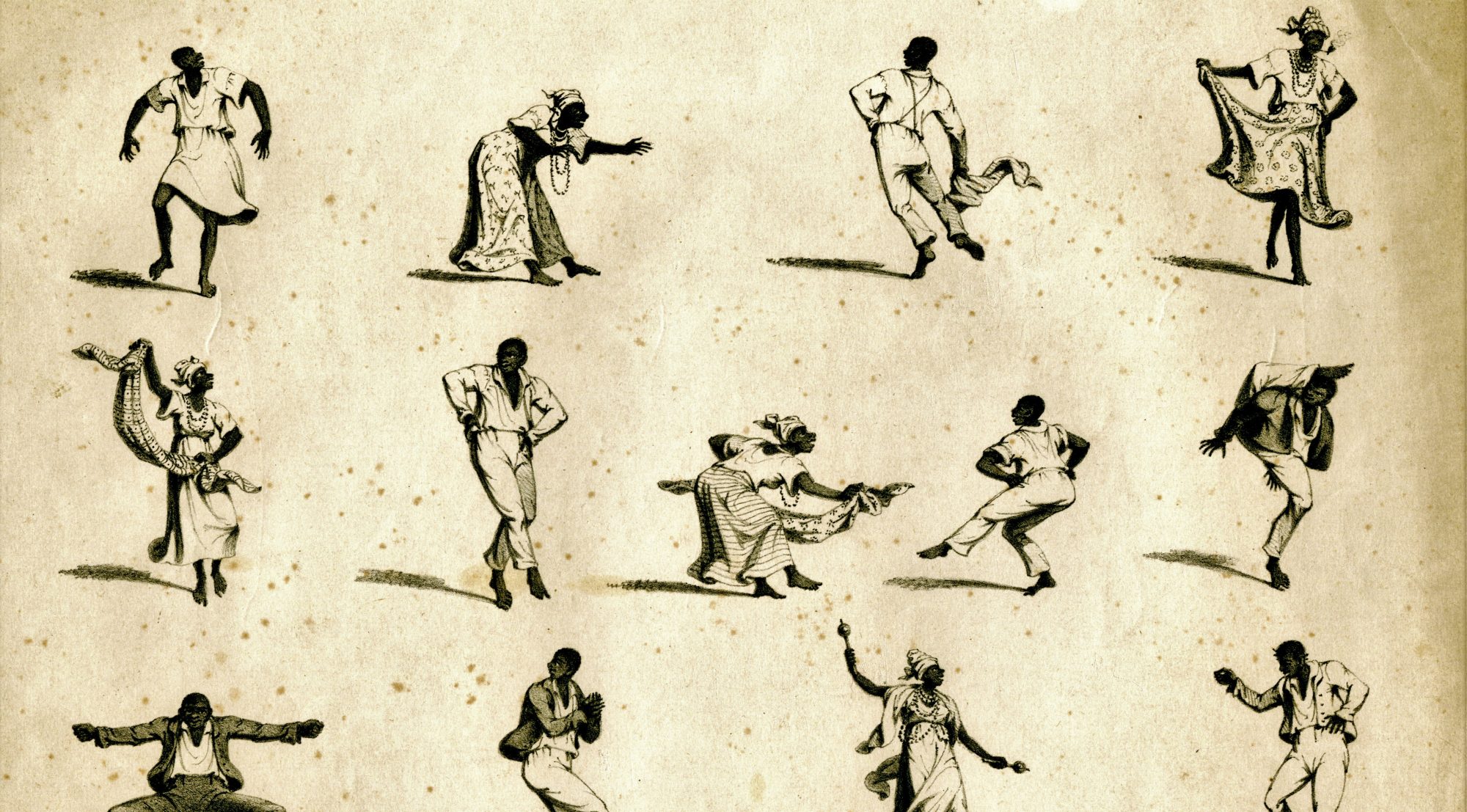Natalie Hill is one of the inaugural members of the Consuelo Artaza and Dr. Carlos Castañeda Diversity Alliance Residency Program. She is currently in her second semester of the residency.
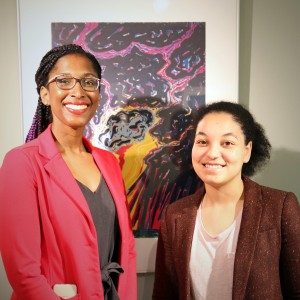
While I’ve been working in the Black Diaspora Archive (BDA) for just under two months now, I’ve already experienced and learned so much. BDA’s mission is to document the Black experience in the Americas and Caribbean. Under the guidance of our inaugural Black Diaspora Archivist, Rachel Winston, I’ve been given the opportunity to do my part in accomplishing this mission.
Currently, I’m processing the Judith Bettelheim Papers and making that collection available for researchers to use. Dr. Judith Bettelheim is a retired university professor, curator, and art historian, specializing in Afro-Caribbean festival and performance arts. Throughout her long and accomplished career, Dr. Bettelheim has helped to expand the field of art history beyond the limited lens of Western art and has pushed for the increased prominence of African and African Diasporic art in published scholarship.
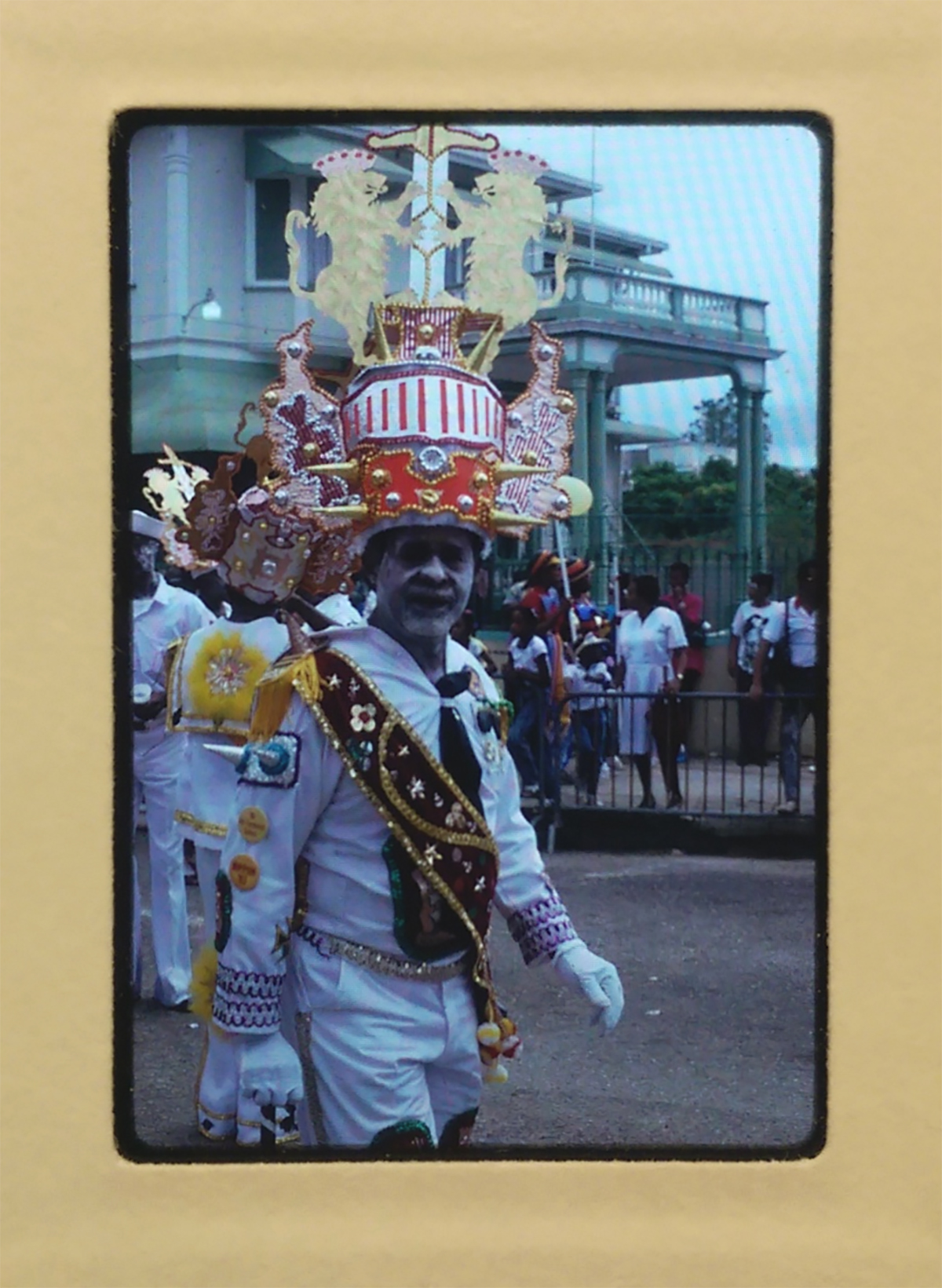
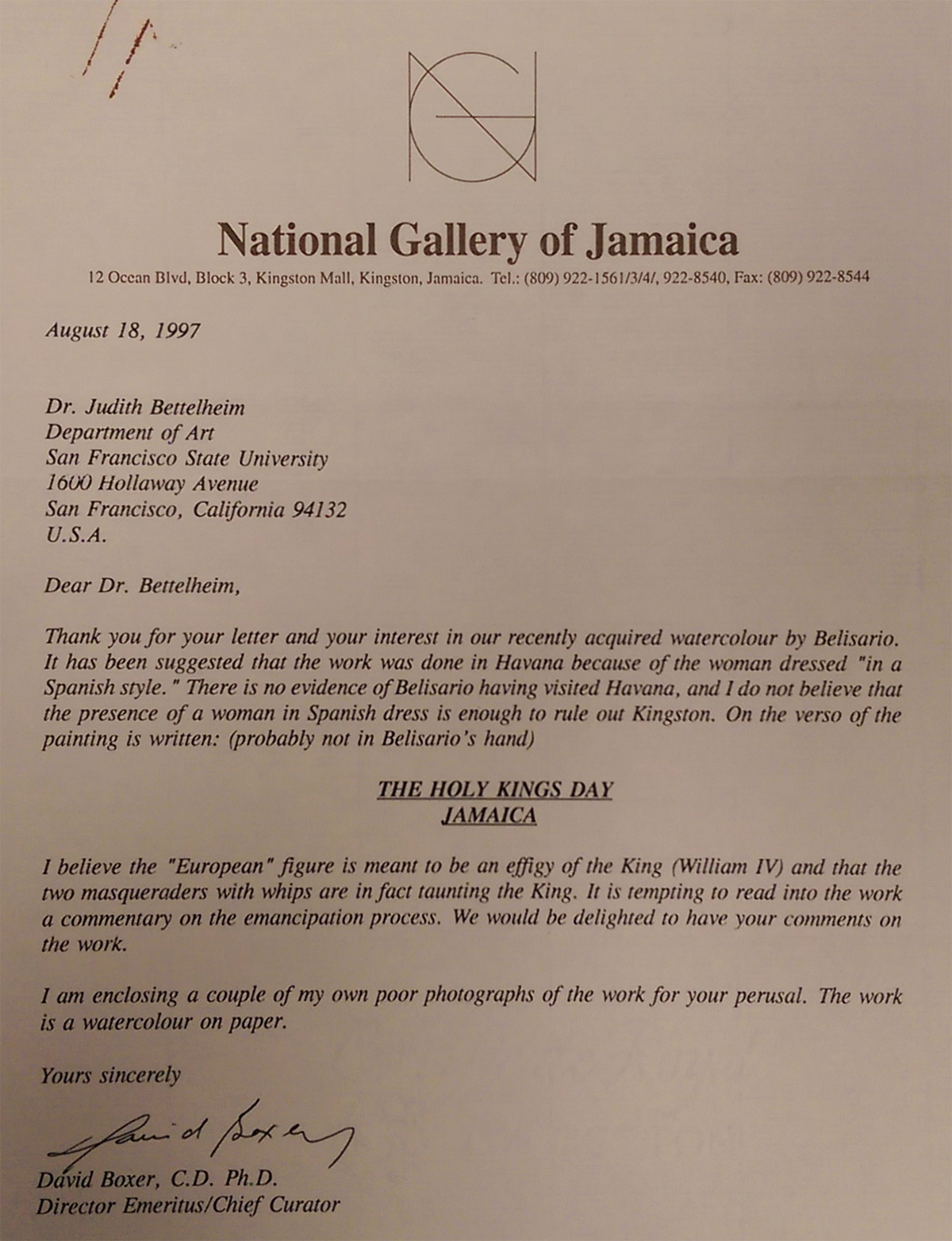
Among other materials, the Judith Bettelheim Papers include handwritten field notebooks and interview transcripts from her trips to Caribbean nations, hundreds of photo slides of Caribbean festival performers, and research relating to her exhibitions and publications on Cuban visual artists like José Bedia and Eduardo “Choco” Roca Salazar. Being able to handle these records has allowed me to gain a better understanding not only of Dr. Bettelheim, but also of the people and places on which she’s focused so much of her life’s work. Preserving cultural heritage and making the records of historically underrepresented individuals and groups widely accessible is definitely a privilege, and it makes coming to work every day something to look forward to.
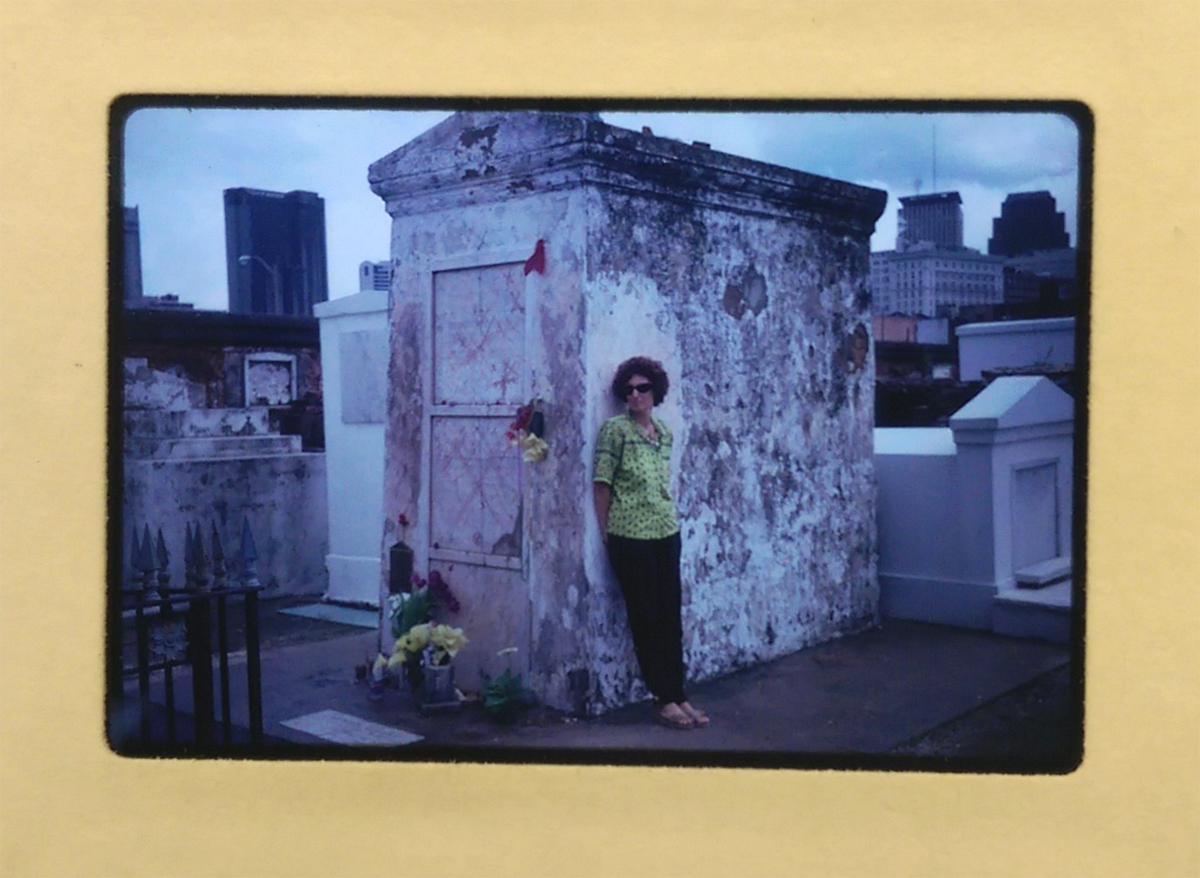
Beyond gaining valuable hands-on experience with archival materials and all the steps present in making them ready for research use, I’ve also been able to shadow Rachel in her daily work and better understand what it means to be an archivist not simply in theory, but in practice. And I’ve learned that depending on the day, it means a lot of different things – deinstalling exhibitions, providing reference support in the Reading Room, preparing materials for the next exhibition, visiting classes to discuss the work we do as archival professionals and how students can incorporate archival practices into their own documentary efforts, installing a new exhibition, and so on.
In my short time in the Black Diaspora Archive, I’ve already found myself involved with an active and dedicated community focused on providing a space for those who historically have not had any and a voice for those who have often been silenced. It’s been an inspiring and eye-opening experience, and I’m looking forward to becoming even more involved over the coming months.

